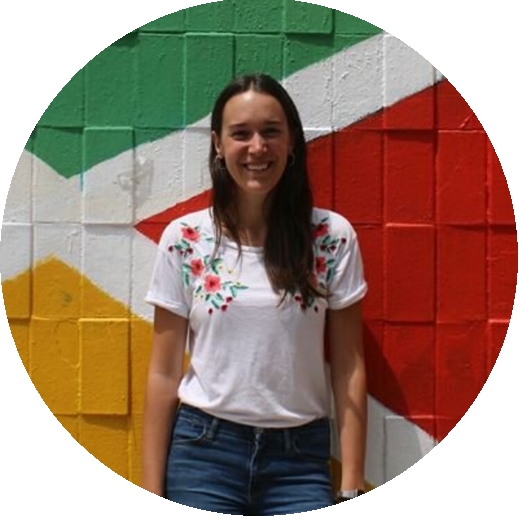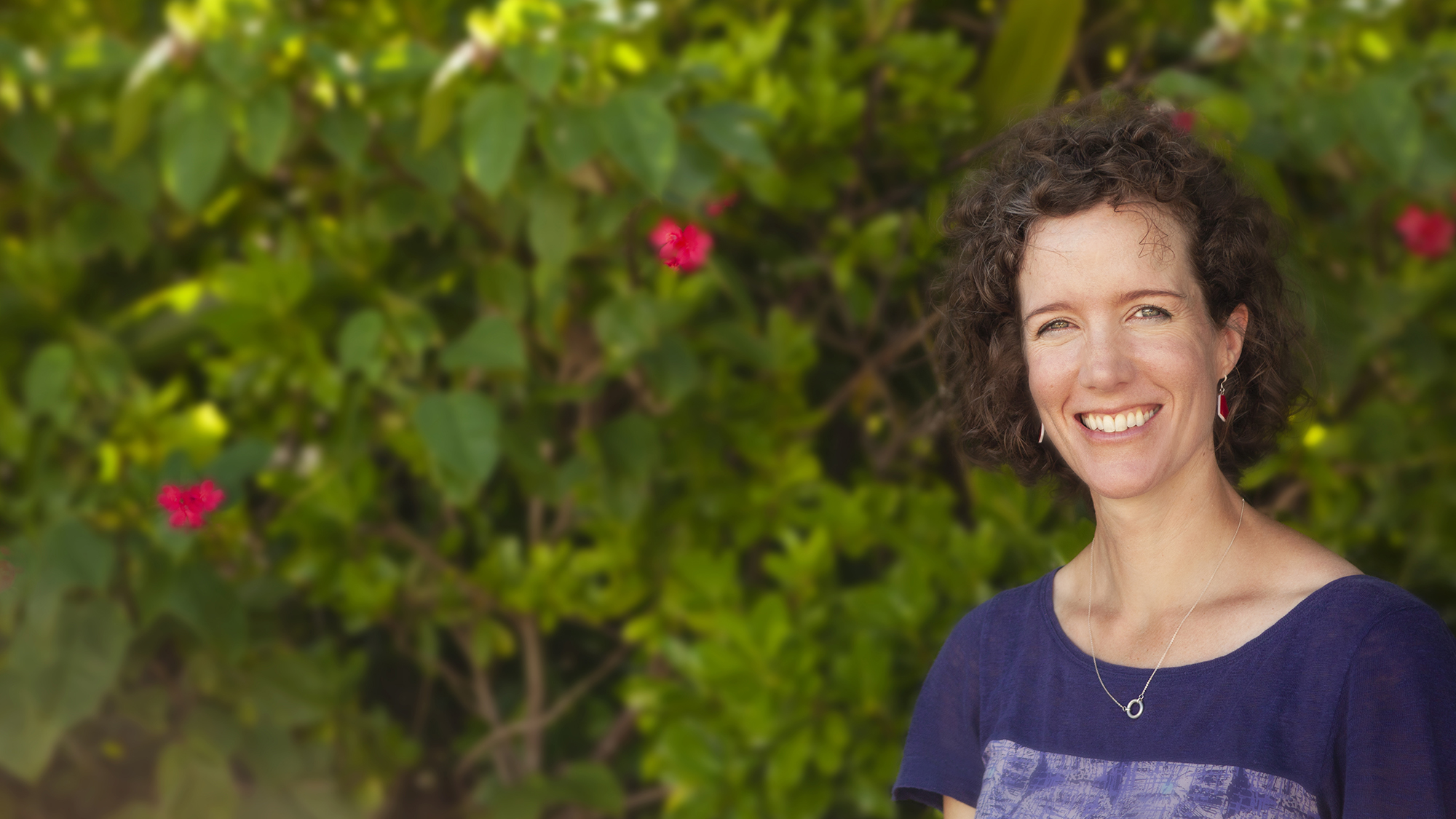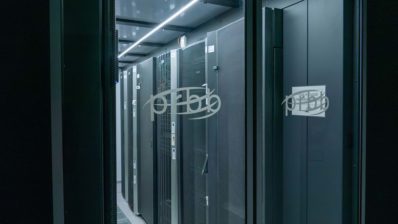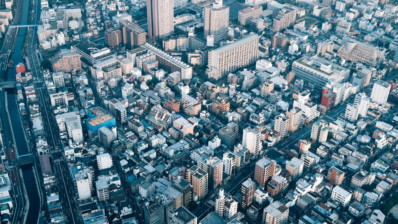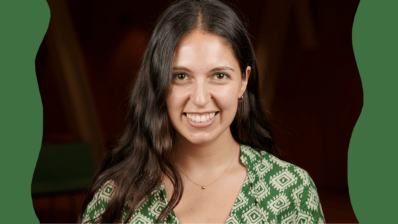Sustainability is in everyone’s agenda. The world is facing a huge climate crisis and research and academia are not alien to this situation. This is why the Barcelona Biomedical Research Park (PRBB) Intervals program has contacted Kate Whitfield to teach the course “Project zero: how to become a change agent to decarbonise science” during October.
Whitfield is a British scientist that has been coordinating clinical research networks as the Malaria Eradication Scientific Alliance at the Barcelona Institute for Global Health (ISGlobal) for almost ten years. But for the last four years, Kate has been living in Japan: a very hot and humid country where she feels she has experienced climate change first hand. “When experiencing the first typhoons, climate change got really scary form me”, she says. This is why she made a career change and founded Zeroverse to provide online courses and other services on sustainability action in academic settings.
We talk to Kate to find out a bit more on the content of this Intervals course and her standpoint on sustainability and decarbonization.
The aim of the Project zero course is to decarbonize science. Why decarbonization and not sustainability?
Sustainability is a broad term. You can define it as a collective noun and it will probably mean different things to different people. The reason why I stress decarbonisation in the course is because when you think about climate change, carbon dioxide is the main actor. So the main problem that we need to tackle is global warming caused by too much carbon dioxide and greenhouse gasses in our atmosphere.
Other things like picking-up litter, cleaning the beach, being careful of how much plastic we use, they are really important, and we will cover that in the course. But I want to put the focus on the most impactful activities such as the electricity we are using, the kind of transportation, etc.
I stress decarbonisation within the course because when you think about climate change, carbon dioxide is the main actor.
Kate Whitfield
Would you say that academia has so far omited issues related to sustainability, such as decarbonization or the reduction of lab waste?
Well, I think the time is now. There is growing awareness and we have a fantastic strategic framework with the United Nations Sustainable Development Goals (UN-SDG). However, despite the growing interest and good intentions, we need to accelerate progress now.
Going back to the ‘Zero project’ course. Who should take it?
It is really open to anyone. I think all the internal stakeholders have an exciting role to play. It does not matter if you are a member of staff in HR, you work in the accounting office or whether you are a student or a postdoc researcher doing a lot of bench work! I think there is something for everybody and one of the reasons for that is that sustainability and decarbonization must be an inclusive action.
I think this is an inclusive agenda for three reasons:
- We need broad engagements. This is not something one person can shoulder on their own. We all have an exciting role to play!
- We really need varied and creative solutions. The things that I can think about are completely different from the brilliant solutions you would think about. And the solutions need to be tailored to your specific role and to the enviroment (office/lab) where you are working.
- This needs to stick over time. So if you have just one person who is the green warrior, what happens when he or she leaves? In academia, we are all on very short contracts so what happens when you finish your PhD and leave the center?
In the program you say it is important to prepare yourself by reading, discussing or creating a community before taking action to tackle decarbonization. Why?
When designing the course I wanted to try to get people the sense that there are lots of resources from where they can draw best practices and inspiring examples to think about: who they are, their role, their influence in the workplace and how can they translate the examples into something. Because with ‘Project zero’ I am not offering off-the-shelf solutions. I want people to be able to come up with their own ideas, which I think is more interesting.
And about collaboration being on the core, I think none of us can do this on their own. It just has to be a group effort. Even if a person has a great idea, it is going to need collaboration with peers, supervisors, seniors and also people with different skills in communication, graphic design, or other technical skills to make it possible. So I want to foster this sense of community because driving change takes a lot of energy.
That is why I have scheduled three group sessions of the course and a couple of months later, I plan to regroup, to come together again and share disappointments and celebrate successes with each other. Because it is important to feel supported!
What would you say to those who are interested in sustainability but feel alone in their groups? Is the course a good start for them?
Yes. Absolutely! Lots of us can recognize this feeling. I think none of us wants climate change, we all want climate solutions. And sometimes it is about figuring out where to start and what is meaningful. So, if they are motivated but feeling a bit unsure exactly on what or how, this is definitely their course!
What can a person interested in the course expect from it?
‘Project zero’ is an action orientated course with three main objectives:
- Offering a way to engage people.
- Inspiring people with examples of best practices from all over the world such as the gamification game to cut emisions in the Univeristy of Bournemouth or the international freezer challenge.
- Empowering people. After three sessions of thinking and discussion, they will have created an action plan and hopefully they will feel empowered to go out and try it out in a real world setting.
After the course, do you think the participants will be able to identify the main actions to do to cut carbon emissions in their workplaces?
Indeed. We will go over the electricity and fuel we consume and we will think on how to shrink them by preparing an action plan to decarbonize each workplace. Besides, the participants will have feedback from their peers and from me.
Finally, if they feel like it, they will be able to submit the action plan for evaluation and certification by the carbon literacy project.
